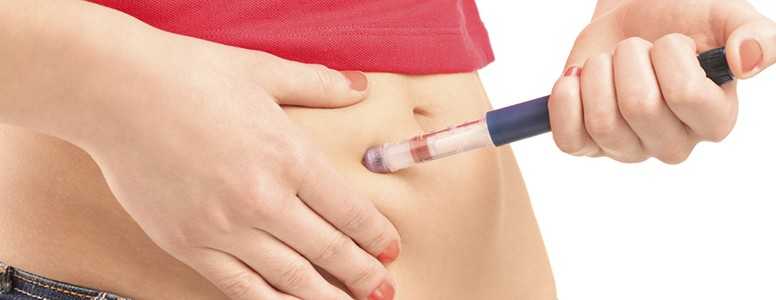A British woman with type 1 diabetes has undergone a pancreas transplant because of a serious needle phobia, the first case of its kind.
Sue York, 55, from Lincoln has had type 1 diabetes since the age of 7. She told the BBC’s Victoria Derbyshire programme that she would shake violently and even vomit when injecting herself with insulin.
Ms. York had spent two years trying to get onto a waiting list for a transplant, and appeared in front of a panel three times to discuss her suitability for the procedure. There were questions over her eligibility: she did not have any kidney complications and she had to prove that her phobia was a strong enough reason to justify major surgery.
Ms. York finally received the transplant at Manchester Royal Infirmary and now feels “incredible” and full of energy.
“No longer am I struggling to walk up a flight of stairs, getting breathless walking into the wind. No longer is my skin yellow or grey. No longer do I look constantly exhausted,” she said. “I’ve had to get new glasses because my eyesight has improved and feeling has returned to areas on my feet where I’d begun to lose sensation. [The operation has] completely altered my life.”
Ms. York’s doctors told her that her life expectancy had now doubled. Surgeon Dr. Ramon Dhanda added that her transplant “was a very hard to decision to make, because [her] case was clearly very exceptional,” but national and international guidelines are in place to ensure people with the greatest need receive transplants.
“I don’t know who my donor is, but I thank them and their family from the bottom of my heart,” Ms. York added.
Diabetes and needle phobias
For people with type 1 diabetes, and those with type 2 diabetes who inject insulin, a fear of needles can be exhausting to live with. The thought of daily injections can lead to anxiety, and subsequently avoiding injections.
Ms. York had previously tried hypnotherapy and cognitive behavioural therapy to cure her phobia, but this was unsuccessful. It could take her up to 20 minutes to inject herself with insulin on any given day.
A significant moment occurred in 2012, when the DVLA changed its regulations for people with diabetes, insisting that drivers check their blood glucose levels before driving and once every two hours on long journeys.
For Ms. York, the frequency of pricking her skin pushed her phobia to breaking point. “It was just too many needles, too many invasions into the flesh,” she said. She decided to give up driving, but as she struggled to walk long distances, she was at risk of becoming housebound.
There are several reasons that a needle phobia can develop, such as an upsetting childhood experience. Relaxation exercises can be helpful in building confidence, but the fear of needles may always exist. As a result, diabetes management can become harder.
Ms. York’s case is an exceptional one due to the severe nature of her needle phobia, and possibly unlikely to be repeated for a very long time. However, her story is inspirational in that someone with type 1 diabetes is now free from a crippling phobia and much healthier as a result.
What's new on the forum? ⭐️
Get our free newsletters
Stay up to date with the latest news, research and breakthroughs.







